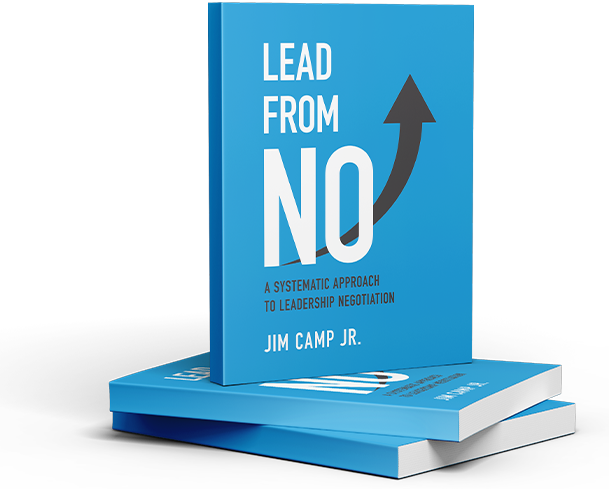The most significant business trend that will continue beyond 2024 is generative AI – artificial intelligence. By far, this trend will have the greatest impact on negotiation. Collecting and managing information takes time. It’s much faster with focused use of AI tools like ChatGPT4, Copilot, Bard, and others. Negotiation requires the effective discovery, organization, and use of information.
Areas of Expertise
Professional negotiators are experts in two areas.
1) They have subject matter expertise and experience in their field, such as investment
banking, commercial real estate, enterprise software sales, business restructuring,
medical device manufacturing, and more. They use this knowledge to increase their
chances of negotiating successful agreements by focusing on opportunities where they
have a strong chance to succeed and avoid negotiations that are not within their
capabilities.
2) Professional negotiators are experts in applying proven principles and behaviors
congruent with human behavior, including how people make decisions.
When you can purposefully plan your negotiation, the first step is to start with yourself.
First, define what you want and why you want it. This is your motivation for seeking to create a
negotiated agreement. Don’t forget it will help you keep focused when the inevitable challenges arise, and you are tempted to compromise. Based on the strength of your motivation, you then determine what you’re willing to invest in terms of time, energy, money, and emotion to get what you want.
Focus on Them
Once you are clear on your purpose for negotiation, focus on your potential negotiation
opponents. Without hesitation, put yourself in their shoes and view the negotiation from their point of view.
- What do they want?
- Why do they want it?
- How do they want it delivered?
- And what benefit will they receive when they get what they seek?
When you discover these points, you see the problem they can’t or don’t want to solve on their own. You will also discover the value they will receive once their problems are addressed.
Use of AI
You can use AI tools to clarify your understanding of their problem and how/if these
problems were addressed in the past. Today, AI tools let you describe your understanding
of the problem and ask for feedback on how these problems
were solved before. The output from the AI tools often provides alternative approaches to
solving the problems you may be considering. Surprisingly, these alternative approaches may align more with your current capabilities than your initial thoughts. They may also suggest solutions that solve your respected opponent’s problems under less costly conditions.
AI in Research
Since negotiation requires knowledge in the form of subject matter expertise and the
proper application of negotiation principles and behaviors, you can use AI tools to research
your negotiation. For example, if you purchase products or services for your company, you
can use AI tools to create a list of the names, locations, and website addresses of the
current suppliers of the product you seek. If you sell products, you can use AI to generate
lists of companies that use your products.
When searching for opportunities that value your specific capabilities, you can use AI tools
to discover problems addressed by the specific application of your capabilities. For example, if you are a chemist and expert negotiator, query, “What types of problems are best solved by chemists and expert negotiators?”
Summing It Up
Because the large language models used by current AI tools can access much more
information than you have in your own experience, you will likely get some ideas you would
not think of alone. Then, you can further develop these ideas with your negotiation team and
opponents to create potential solutions that can be delivered under
conditions that make sense to you.
Adding AI can give you more information more quickly. Remember, expertise in the subject matter and in applying proven principles and behaviors according to human behavior in each negotiation is still paramount. The decisions are still yours, and you own them.





